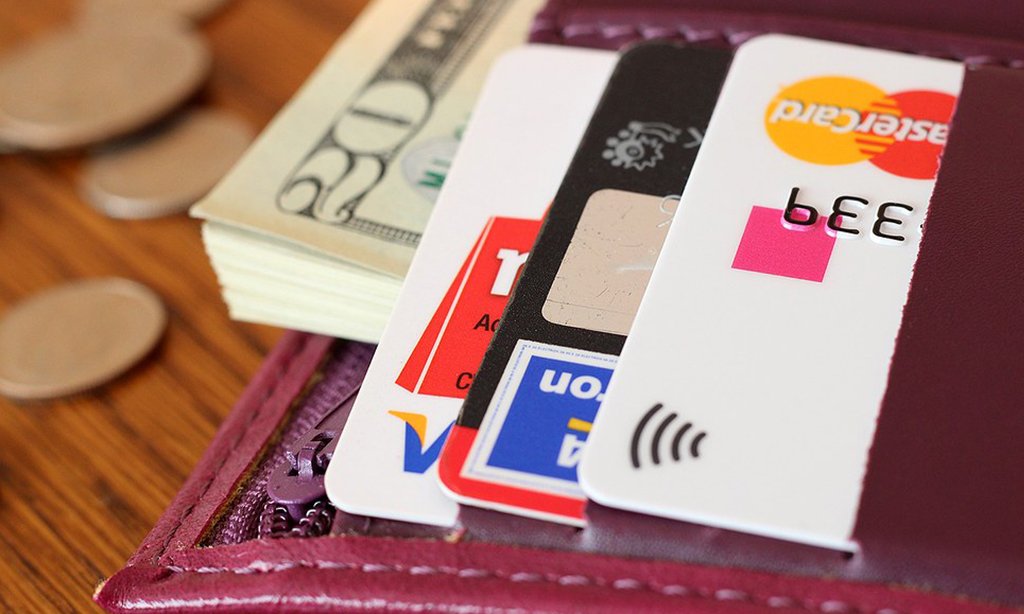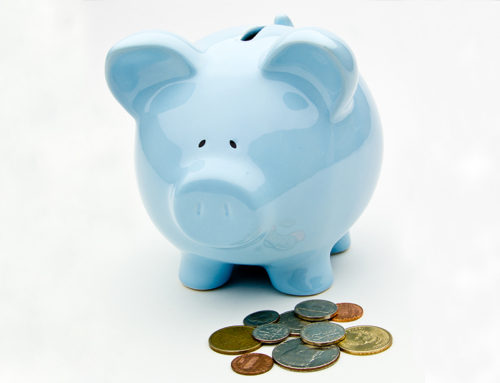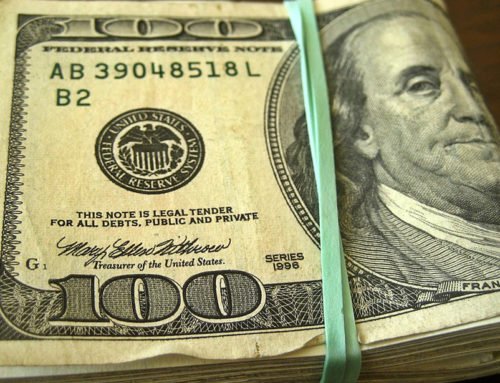If you’re reading this, chances are you have a credit card. You know how credit cards work. You get a card with a spending limit, you pay back as you please, the card issuer charges interest on unpaid balances, etc. Credit cards work the same as all loans: you are given money, either one amount upfront or the ability to use what you need, and you have to pay it back. Simple enough.
Understanding the issue
Understanding is not the issue that most people have, but rather management. It is extremely easy to let debts, especially credit cards, get out of hand quickly; it’s free money after all, right? Well, yes, except the only ones getting free money are the banks, and they’re getting it from you. Credit cards are the easiest way for banks to make money. For example, if you spend $1,000 on a credit card with 20% APR and make just the minimum $25 payment every month, you will be charged $601.50 in interest and it will take you 63 months to pay it back. That’s over five years of paying for your shopping spree or computer or whatever you bought, paying 60% more. If whatever you bought cost 60% more at the time of purchase would you have bought it? I didn’t think so.
Some good news about credit
But of course, credit cards are not all bad news. Credit cards can be extremely handy to have. I actually have one card that I use almost on a daily basis. By buying on credit, I permit myself a month or more to pay while not impacting my checking account balance in the short run, and making some extra pennies while it is floating in my account. The key is, however, that I set a budget each month that I am able to afford. If I know that I have $500 of discretionary spending per month, it’s perfectly okay to rack up $500 a month of credit card utilization. The important thing is keeping track of both the credit card balance and how much discretionary income you have in your budget, both of which can be done from Sherpa, our personal finance tool.
Final words
But ultimately, not only is it financially irresponsible to let credit balances grow in terms of how much you pay in the long-run, it also impacts your credit score. I could (and perhaps just might) write an entire article about how credit scores work, but the key takeaway is that without good credit, you will have a hard time getting car loans, mortgages, or other financing for life-changing events. You heard it from us, your credit is your life. Take care of it and act responsibly.






